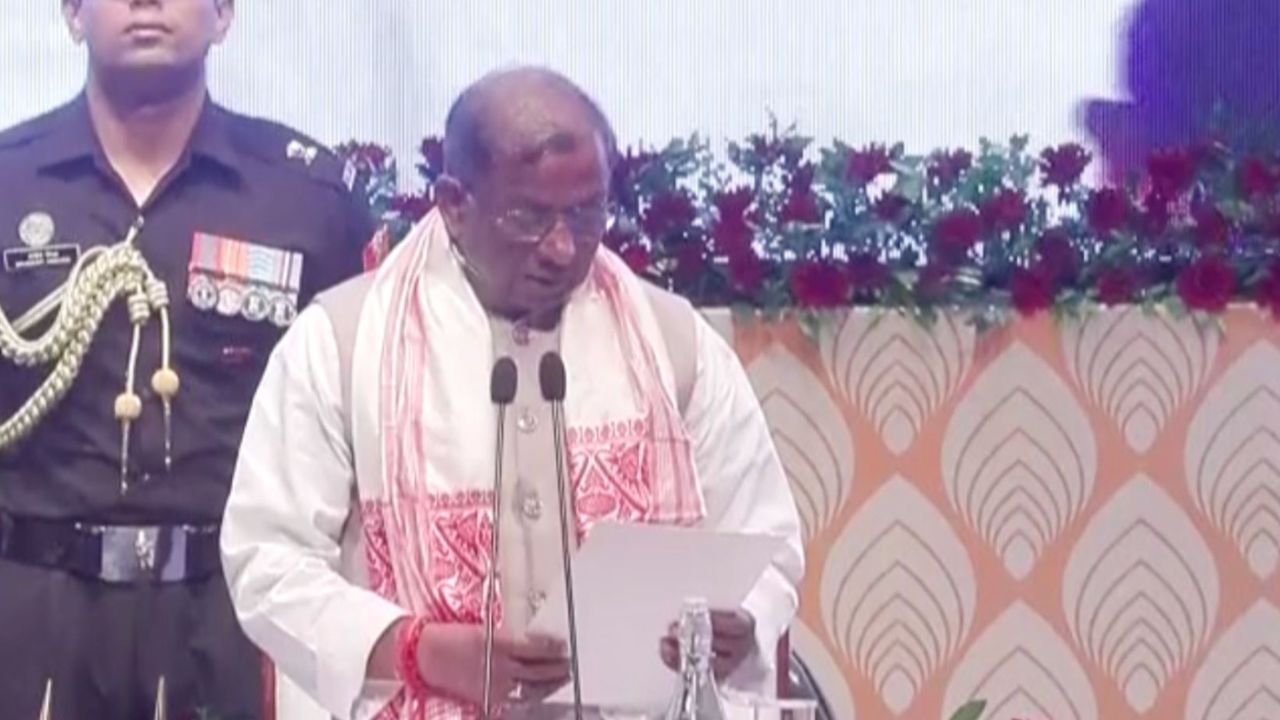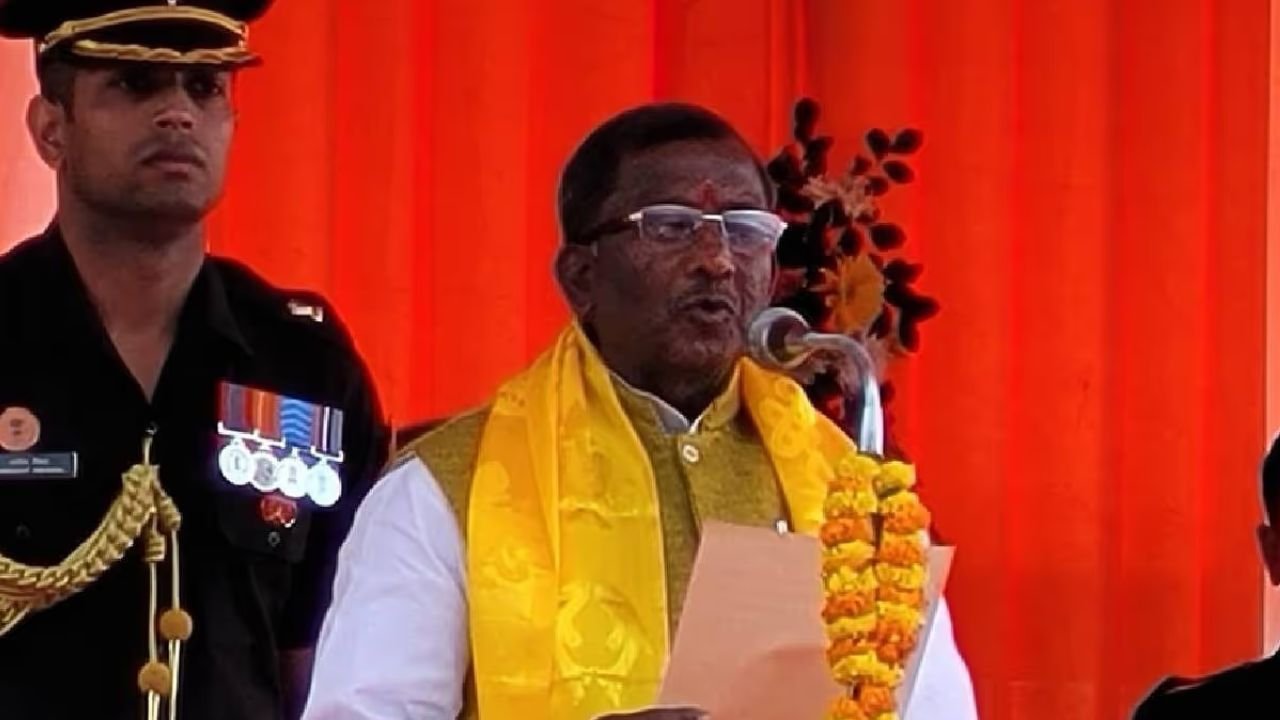Governor Laxman Acharya’s recent visit to Jorhat can be seen as an important step towards making Assam’s rural development sustainable and inclusive. The main objective of the visit was to understand the ways to protect environment, public health and empower rural communities. The Governor interacted with local institutions and communities to understand their needs and make development plans more effective and inclusive.
Visit to Anganwadi Centres and Emphasis on Health
During the visit, the Governor inspected Anganwadi Centres. He emphasized the importance of care and nutrition in early childhood. The Governor said that early childhood nutrition and care plays a crucial role in building a healthy and empowered future generation. He requested all the concerned authorities and communities to strengthen health services and ensure adequate support to the vulnerable and disadvantaged sections.

Environmental Protection and Sustainable Livelihoods
The Governor also visited Amit Sarovar, an important ecological zone. He laid special emphasis on conservation of natural resources and promotion of sustainable livelihoods. The Governor highlighted the need to adopt green and sustainable initiatives to balance environmental and economic goals. This shows that rural development should not be limited to economic progress but should also focus on protecting the environment and enhancing natural resources.
Focus on empowerment of tea gardens and rural communities
Besides, Governor Laxman Acharya interacted with the workers and management of tea gardens. He acknowledged the important role of the tea industry in the regional economy. The Governor encouraged them to adopt sustainable agricultural practices, worker welfare and community development programmes to improve both living standards and productivity. This vision of the Governor shows that a balanced approach of community participation, health and environmental protection is essential for rural development.
Governor Laxman Acharya’s visit to Jorhat makes it clear that rural areas of Assam can be developed as a model of sustainable progress and inclusive development. His proactive and sensitive leadership serves as a guide for policy makers and provides a strong foundation to move rural Assam towards sustainable progress in the future.







